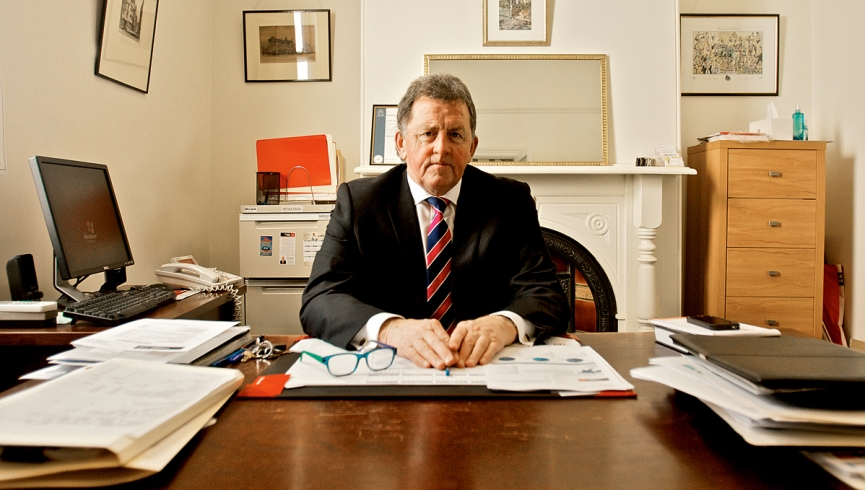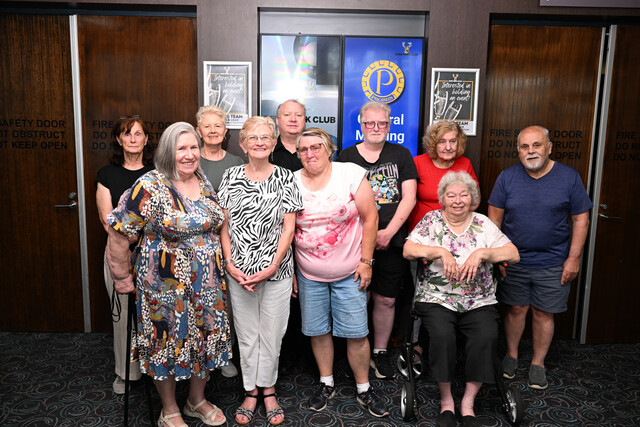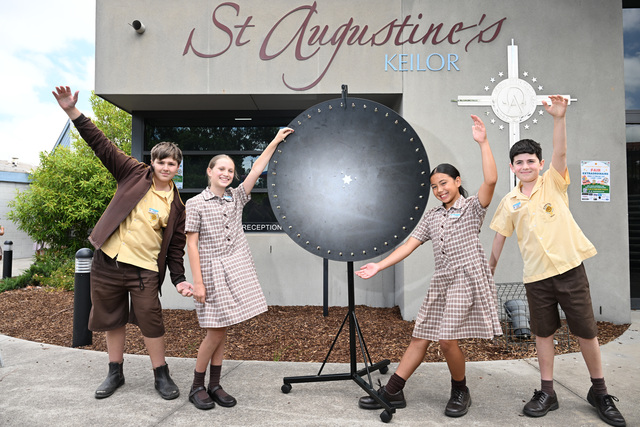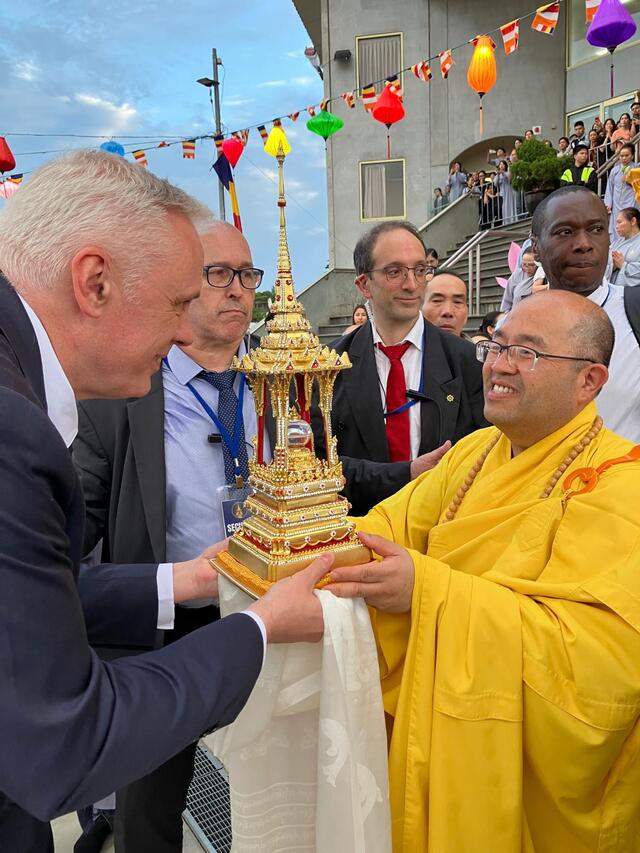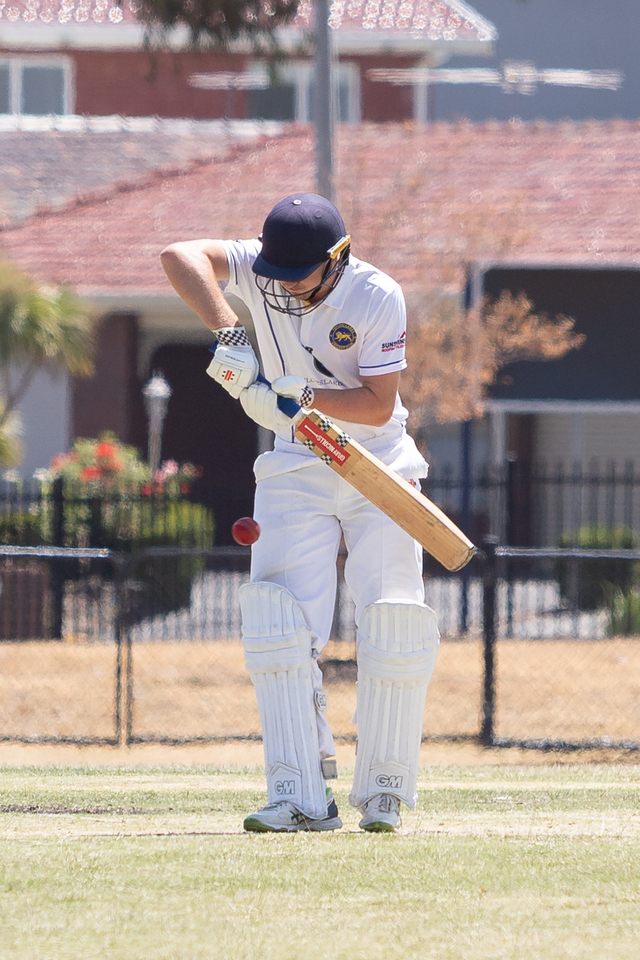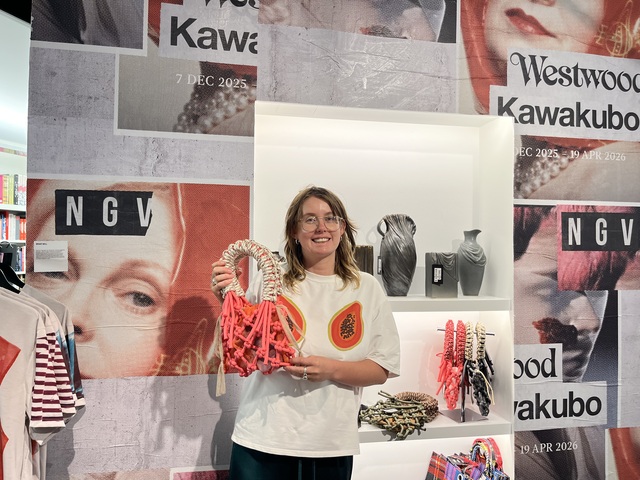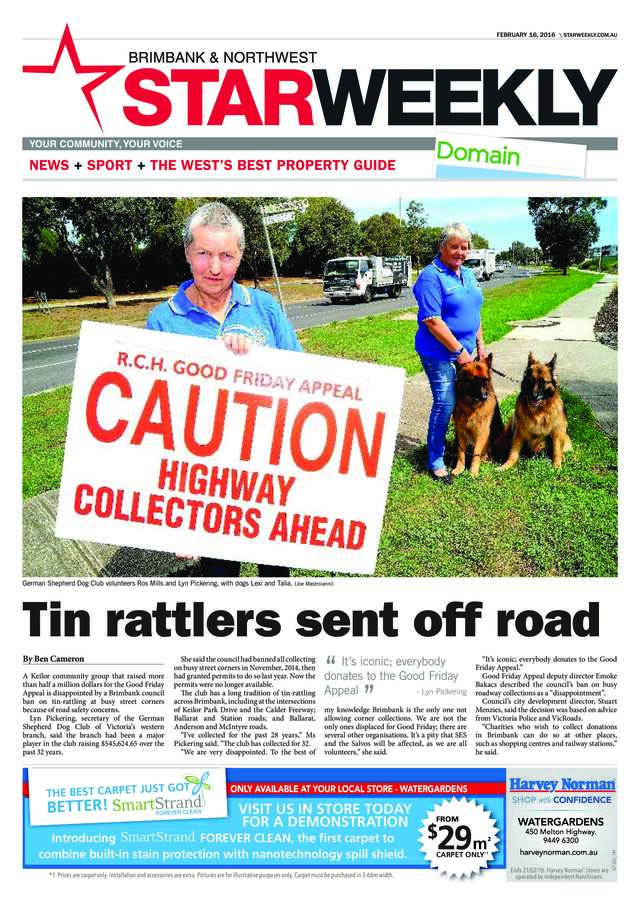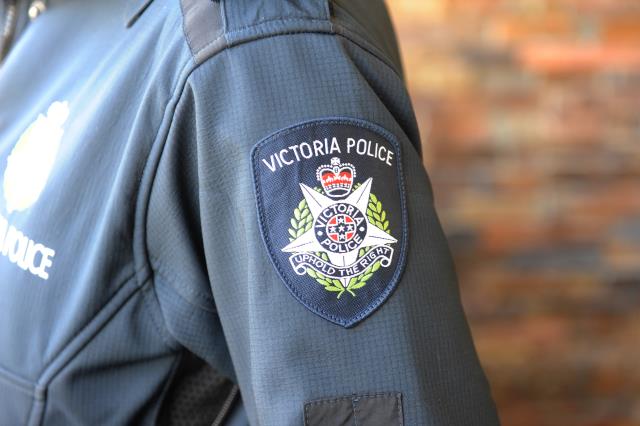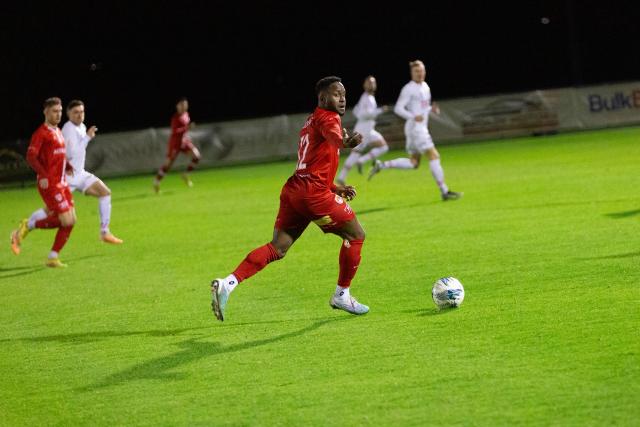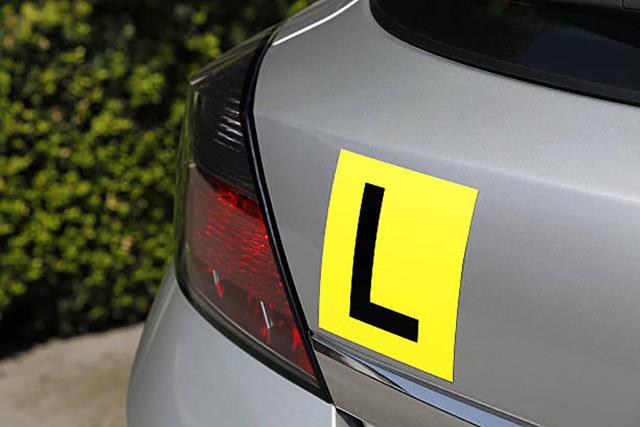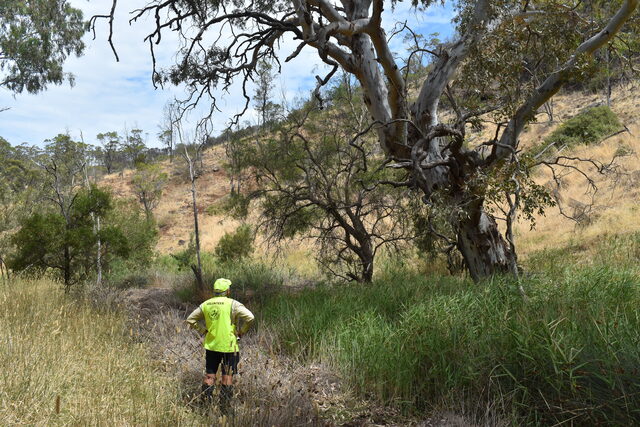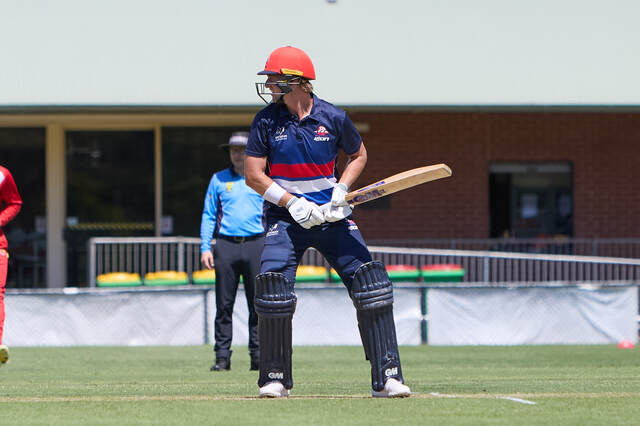“I hope after coaching football teams for over 30 years I might have learnt something about managing people,” quips former AFL premiership-winning coach Denis Pagan on the latest chapter in his life as a real-estate agent.
When his coaching career was done and dusted, Pagan bought a boutique real-estate agency in Essendon.
He manages a team of 10, including his son Ryan.
“It’s going OK for us,” he says of the cut-throat game.
“I don’t think there’s an easy way to make a fortune. You’ve got to work hard.”
In AFL, Pagan reached the pinnacle as a coach, steering North Melbourne to premiership victories in 1996 and 1999.
The successful era revolved around a tactic dubbed “Pagan’s Paddock” and based around champion key forward Wayne Carey being isolated in the forward line.
A decade on, the goalposts have changed considerably.
“I think it was a disadvantage at first,” Pagan says of his past career. “People thought you were a football coach. I suppose in the past couple of years people have come to accept that you’re a real-estate agent now.”
Pagan cites working with his son as a fringe benefit.
“Being involved in the AFL, you spend a lot of time away from home. Now I spend a lot of time with my son. We see each other every day.
“He’s an outstanding lister and seller. It’s an interesting scenario. I’ve got to try and emulate his success. It’s funny how the wheel’s turned.”
Pagan has lived in Moonee Ponds since 1993 and describes the area as a “handy place to live and a well-kept secret”.
He has a handful of hobbies, including following the horse-racing industry, with work taking up much of his time. “When you work until late Saturday, there’s probably not a lot of time for hobbies. Sunday’s the only day you virtually have off.”
Pagan, 65, was born in Carlton and played for the Blues’ underage ranks before starting a career at North Melbourne. A hard-nosed back pocket, he played 120 games for North, including the club’s losing 1974 grand final. He played 20-odd more games for South Melbourne before injuries took their toll.
Pagan’s coaching career began with the now-defunct Victorian Football Association team Yarraville, where he was player-coach.
North offered him a job in 1980 to coach the under-19s team, and he coached them to almost half-a-dozen premierships over the next decade.
Then Kevin Sheedy rang.
“Once the under-19 competition finished Kevin Sheedy rang me and asked me to be the reserves coach up at Essendon.”
After winning a premiership with the Essendon reserves in 1992, Pagan took over North Melbourne in 1993 as senior coach and the rest is history.
Was he a better player or coach? “My playing record doesn’t stand up,” he says, laughing. “Full stop. I was a very ordinary conveyance as a player.”
Pagan is reluctant to view himself as a great coach, listing only an attention to detail and strong work ethic as his attributes.
“It’s hard to say. It’s probably for other people to answer,” he says.
“Coaching football teams is not an exact science. You can become an elite coach by having the ability to survive five or six or eight years. Having success. Having experience in mediocrity. Being defeated in grand finals. After experiencing a whole heap of issues you get better as you go on.”
Pagan has no involvement in football these days but still enjoys watching the game that made him.
“It took a long while to get it out of your system. I still watch three or four games every weekend. I mightn’t watch them all from start to finish but I still get a lot of enjoyment out of it. It’s still a great game and it’s been good to me.”
Well, not all good, as Pagan goes on to lament the Roos’ loss to Adelaide in the 1998 grand final.
“We were the best side during the year. We wasted opportunities in the first half. I think we kicked six goals and 15 behinds. Then they ran over the top of us later in the game.”
The loss clearly still irks Pagan but he offers no excuses.
“You’ve got to take responsibility. It’s probably the biggest weakness in the Australian culture at the moment. Too many don’t take responsibility for their own actions.
“My philosophy is have no regrets. No excuses. No alibis. Don’t blame others. Don’t point the finger. Ron Barrassi taught me that a long time ago.”
And, as Pagan points out, luck plays a big part.
“I certainly live by that, but I suppose you can say the 1998 grand final was a regret. We were the best side that year but didn’t win. But in 1999 we weren’t the best side, Essendon was. They didn’t even get into the grand final.”
Pagan says Australians live in an ageist society where youth is more desirable than knowledge.
Maybe that’s why he’s still the boss.
“I don’t want to stop working. I think to myself, who would employ me if I didn’t run my own business?
“Whether I’m too grumpy or silly, I’m better off being my own boss. It suits my life at the moment.”

